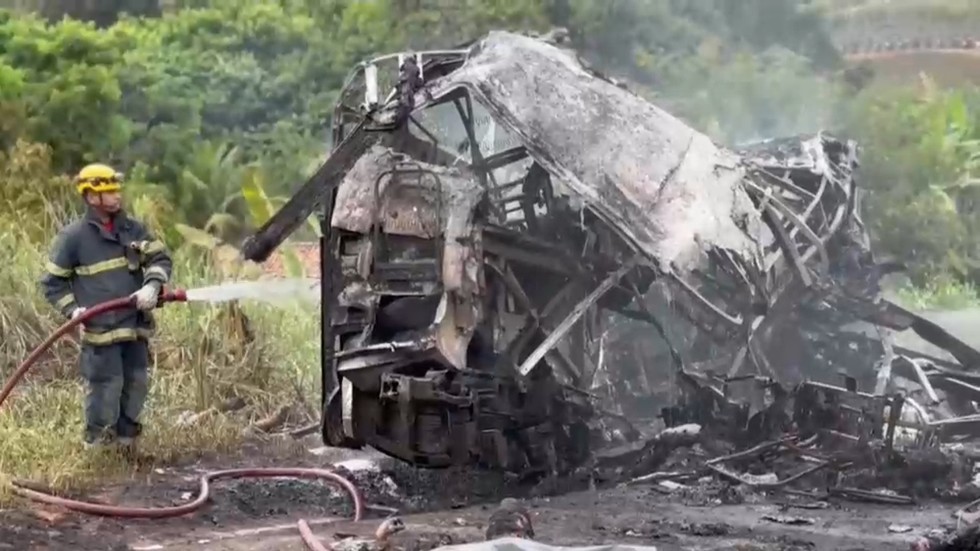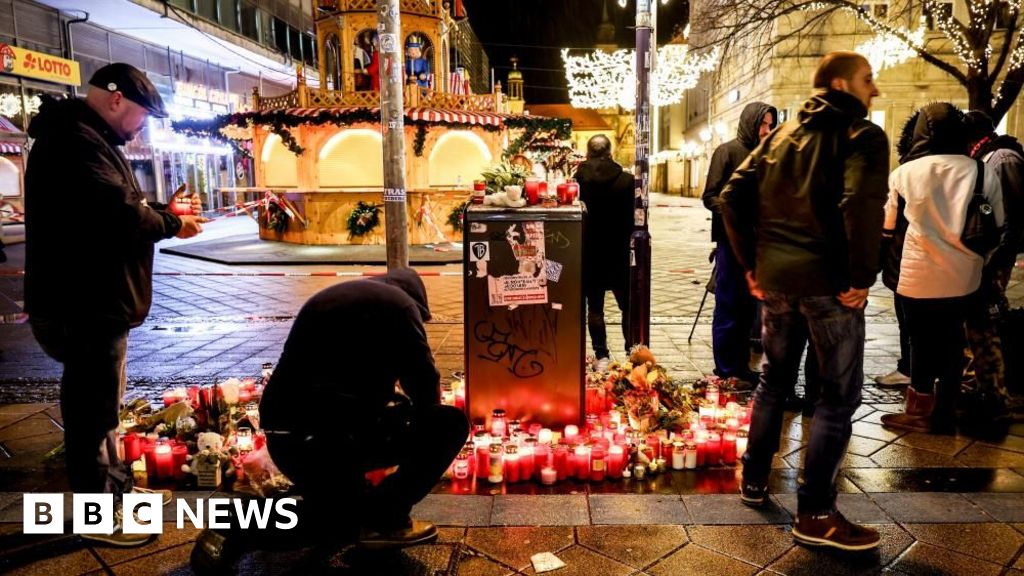SEOUL: North Korean leader
Kim Jong Un
offered to give up his nuclear arsenal if America guaranteed his regime would survive, former South Korean president
Moon Jae-in
said in a recently released memoir.
Moon, who led South Korea for five years from 2017, was instrumental in brokering two high-profile summit meetings between Kim and then-United States president Donald Trump, aimed at securing Pyongyang's
denuclearisation
in return for sanctions relief.
But after the second summit collapsed in 2019, diplomatic outreach was abandoned, with relations between the two Koreas now at one of their worst points in years, as Kim doubles down on weapons production and draws closer to ally Moscow.
In the memoir released Friday, titled "From the Periphery to the Centre," former president Moon outlined in great detail his interactions with the North Korean leader.
"Kim said he would forsake
nuclear weapons
if there was a guarantee of
regime survival
," Moon said in the book, adding that he felt the young North Korean leader was "very honest".
According to Moon, Kim's reasoning was: "I have a daughter and I do not wish her generation to live with nuclear weapons... Why would we continue to live in difficulty, under sanctions, with nuclear weapons if our security can be guaranteed?"
But the North Korean leader was "well aware of mistrust from the international community and the (belief from the) US that the North had been lying" about its commitments to denuclearisation, Moon said.
Kim specifically asked him how the North could manage to "make Washington believe in our sincerity" to disarm.
- No diplomacy -
In five years since the
Hanoi summit
, Pyongyang has declared itself an "irreversible" nuclear weapons power, accelerated weapons development, branded Seoul its "principal enemy" and threatened war over "even 0.001 mm" of territorial infringement.
It has also moved closer to Moscow, purportedly supplying it with arms in exchange for space technologies, something which would violate rafts of United Nations sanctions on both countries.
Despite how things have played out, Moon said in his memoir that he still believed Kim was sincere in his plans to denuclearise, but that it was strongly contingent on "corresponding measures" from the US.
Kim and Trump failed to strike a deal because Washington demanded complete denuclearisation before it would consider providing sanctions relief, Moon wrote.
"In retrospect, I regret that (South Korea) did not mediate more effectively by listening to the North's demands and relaying them to Washington if deemed reasonable," he said.
"Though there are negative views about Trump, he was a very good fit for me as a counterpart in alliance diplomacy," he said.
"While there are assessments that he is rude and harsh, I liked him for his honesty. A person who has a smiling face but acts differently and thus can't be read is more difficult to deal with," he added.
Trump was both apologetic and regretful that the Hanoi summit ended without a deal, Moon wrote.
Trump was "willing to accept (the North Koreans' terms) but then-Security Advisor John Bolton fervently opposed it," Moon wrote.
When Trump asked then-Secretary of State Mike Pompeo for a second opinion, he agreed with Bolton, leaving Trump no option but to walk away, Moon wrote.
It is impossible to take Kim's words at face value now, Hong Min a senior analyst at the Korea Institute for National Unification in Seoul, told AFP.
What was clear "is that Kim tried to change the status quo by expressing his intention to denuclearise," he told AFP.
The only way to know if Kim was serious, would have been to strike a deal in Hanoi and "gauge how far the North would go towards denuclearisation," he added.
Moon was succeeded by conservative Yoon Suk Yeol, who has taken a significantly more hawkish stance on North Korea.
Yoon has not commented on the memoir but his minister for unification Kim Yung-ho said on Monday that taking Kim's words at face value could have lead to a security-related "miscalculation".
"While ignoring North Korea's (nuclear) capability, if we only focus on the North's intentions, this could result in a miscalculation of the security situation," he said, according to the Yonhap news agency.

 7 months ago
28
7 months ago
28









